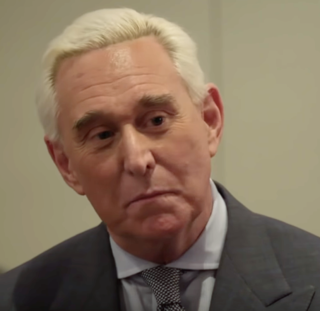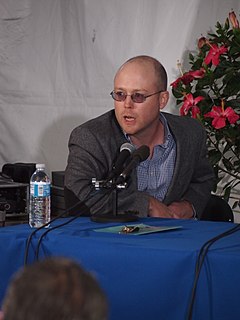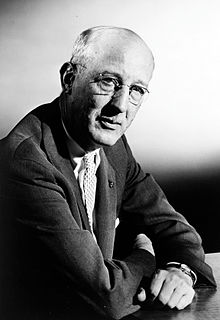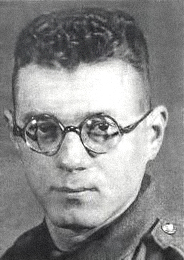A Quote by Audie Murphy
After the war, they took Army dogs and rehabilitated them for civilian life. But they turned soldiers into civilians immediately, and let em sink or swim.
Related Quotes
In Iraq, State Department civilians and U.S. soldiers have been operating in the same location in an active war zone. While the troops have been facing insurgents, the State Department civilians have been working to rebuild institutions and infrastructure. Blackwater's role in this war evolved from this unprecedented dynamic.
The United States is at war with the al Qaeda terrorist group. Al Qaeda is not a nation-state and it has not signed the Geneva Conventions. It shows no desire to obey the laws of war; if anything it directly violates them by disguising themselves as civilians and attacking purely civilian targets to cause massive casualties.
There can be no doubt about this. It even held true for the soldiers involved in the Kosovo War. For the soldiers stayed mostly in their barracks! In this way, polar inertia has truly become a mass phenomenon. And not only for the TV audiences watching the war at home but also for the army that watches the battle from the barracks.
To confine soldiers to purely military functions while urgent and vital tasks have to be done, and nobody else is available to undertake them, would be senseless. The soldier must then be prepared to become a propagandist, a social worker, a civil engineer, a schoolteacher, a nurse, a boy scout. But only for as long as he cannot be replaced, for it is better to entrust civilian tasks to civilians.
I was after a set of pictures, so that when people looked at them they would say, ‘This is war’-that the people who were in the war would believe that I had truthfully captured what they had gone through I worked in the framework that war is horrible. I want to carry on what I have tried to do in these pictures. War is a concentrated unit in the world and these things are clearly and cleanly seen. Things like race prejudice, poverty, hatred and bigotry are sprawling things in civilian life, and not so easy to define as war.



































